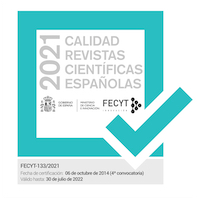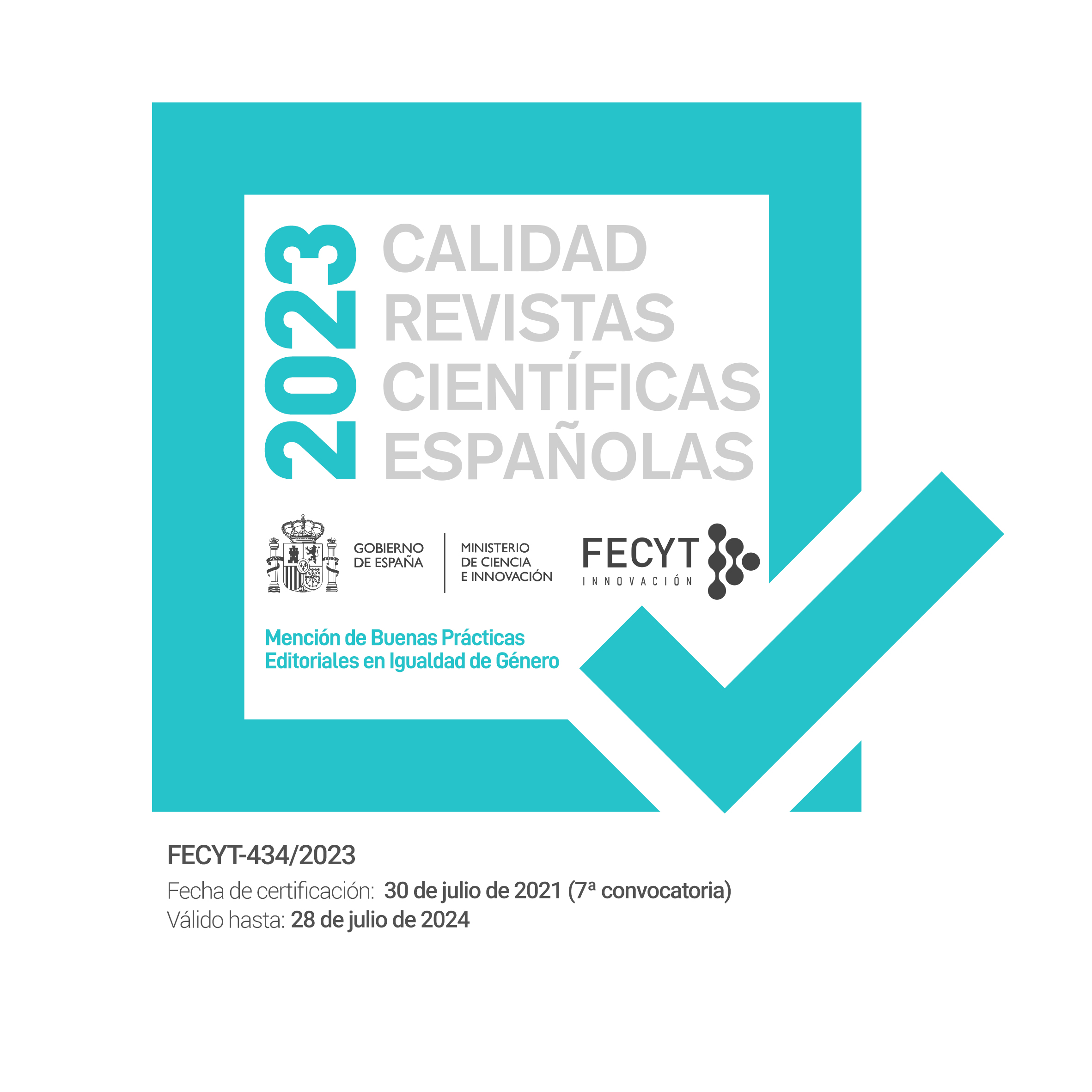Covid-19 and religious freedom in Portugal. The failure of a state of law stress test
Abstract
Under the pretext of covid-19, the collective dimension of the freedom of worship was suspended in Portugal, through a declaration of state of emergency, between March 19 and May 2 2020. This was a gross violation of art.19, paragraph 6, of the Constitution, according to which the state of emergency cannot affect the freedom of religion. The very declarations and renewals of the state of emergency were not based on the legally required scientific advise, as the National Public Health Council (the Government's advisory body on public health matters) was silenced. In fact, lockdowns had several exceptions, but none contemplated religious activities, which was a subversion of the constitutional hierarchy of fundamental rights. When there was no state of emergency, the Government continued to limit fundamental rights through administrative regulations, invoking impertinent legal rules. The reaction of the public authorities to the covid-19 situation constituted a social paradigm shift, without previous scientific support, against the rule of law and with increasingly tragic effects. It was a trend with totalitarian tones – and, as it is well known, hostility to the free exercise of religion is typical of totalitarianism.
References
Aledort Julia. E., Lurie, Nicole, Wasserman, Jeffrey, Bozzette, Samuel A. “Non-pharmaceutical public health interventions for pandemic influenza: an evaluation of the evidence base.” BMC Public Health (2007): 7-208
Annas, George J. “Bioterrorism, Public Health, and Civil Liberties.” The New England Journal of Medicine 346.17 (2002): 1337-1342.
Bacelar Gouveia, Jorge. “COVID-19: balanço e perspetivas de uma Ordem Jurídica de Crise.” Revista do Ministério Público, Número Especial COVID-19 (2020): 93-106.
Bacelar Gouveia, Jorge. O Estado de exceção no direito constitucional. Coimbra, 2020.
Canotilho, José Joaquim Gomes. Direito Constitucional e Teoria da Constituição. Coimbra, 2003.
Chapelle, Guillaume. “The medium-term impact of non-pharmaceutical interventions. The case of the 1918 influenza in US cities.” Economic Policy 37.109 (2022): 43-81.
Henderson, Donald A. “Public health and medical responses to the 1957-58 influenza pandemic.” Biosecurity and Bioterrorism: Biodefense Strategy, Practice, and Science 7. 3 (2009).
Honigsbaum, Mark. “Revisiting the 1957 and 1968 influenza pandemics.” The Lancet (2020):1824-1826.
Kontorovich, Eugene, Lin, Anastasia. “Covid Lockdowns Were a Chinese Import.” The Wall Street Journal, 23 de Março de 2022.
Loureiro, João Carlos. “Liberdades e direitos em tempos de confinamento.” Boletim da Faculdade de Direito (Universidade de Coimbra) 96 (2020): 421-443.
Magalhães, David. “Religious freedom in Portugal: problems and solutions in complex times.” The battle for religious freedom. Jurisprudence and axiology. Varsóvia, 2006.
Markel, Howard. “Nonpharmaceutical Interventions Implemented by US Cities During the 1918-1919 Influenza Pandemic.” Journal of the American Medical Association, 298.6 (2007): 644-654.
Miranda, Jorge. “Estado, liberdade religiosa e laicidade.” Gaudium Sciendi 4 (2013): 20-48.
Moniz, Jorge Botelho. “Covid-19 em Portugal: A liberdade religiosa na era secular.” Forum Sociológico 39 (2021).
Raimundo, Miguel Assis, Pulido Adragão, Paulo, Ramalho, Tiago. “Covid-19 e liberdade religiosa em Portugal.” Revista General de Derecho Canónico y Derecho Eclesiástico del Estado 54 (2020): 9.
Tornada, João. “Algumas notas sobre as restrições à liberdade religiosa durante o Estado de Emergência.” in Observatório Almedina 3 (2021)
Wang, Haidong. “Estimating excess mortality due to the COVID-19 pandemic: a systematic analysis of COVID-19-related mortality, 2020–21.” The Lancet 399.10.334 (2022): 1513-1536.
Downloads
Published
How to Cite
Issue
Section
License
Copyright (c) 2023 David Magalhães

This work is licensed under a Creative Commons Attribution-NonCommercial-NoDerivatives 4.0 International License.









